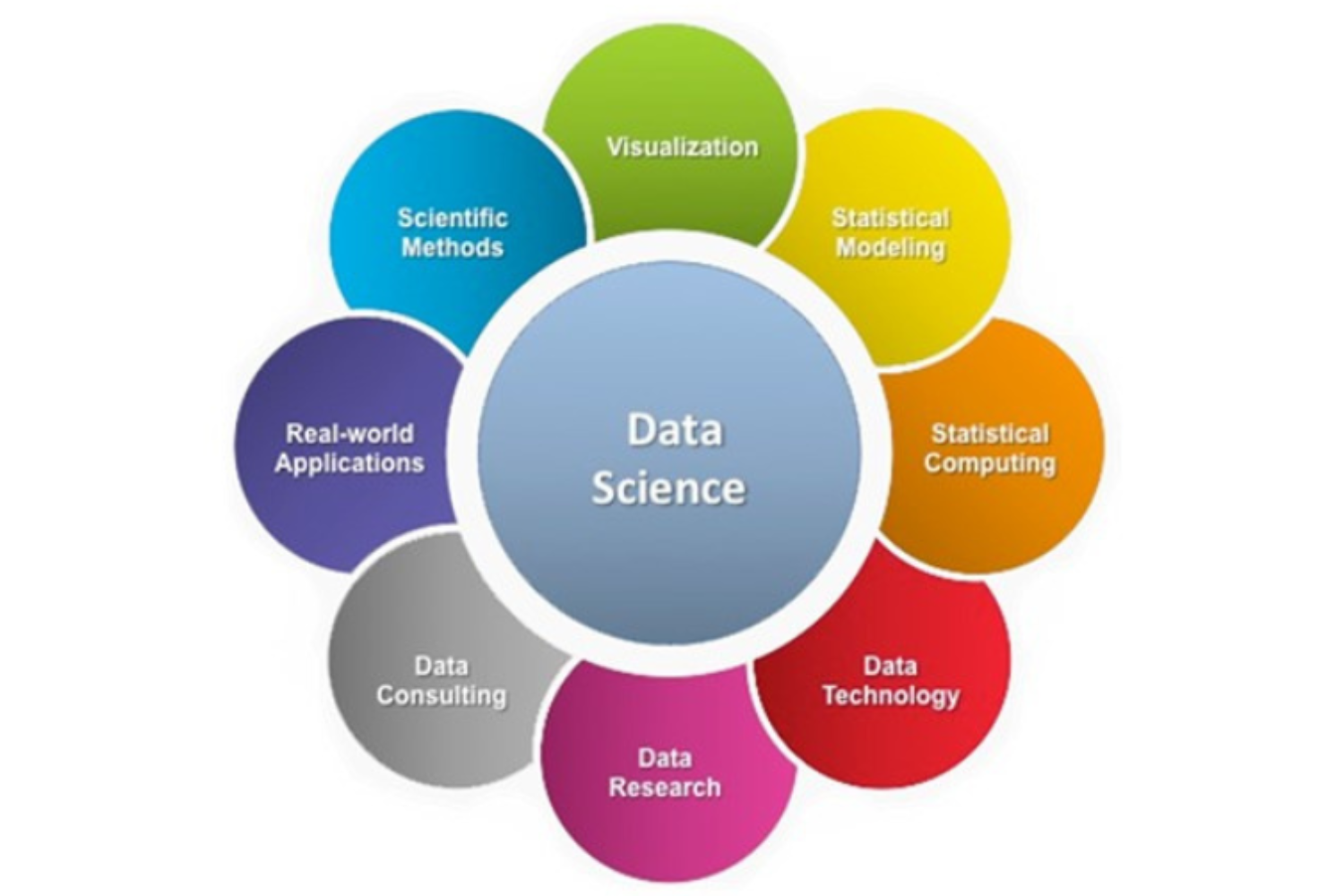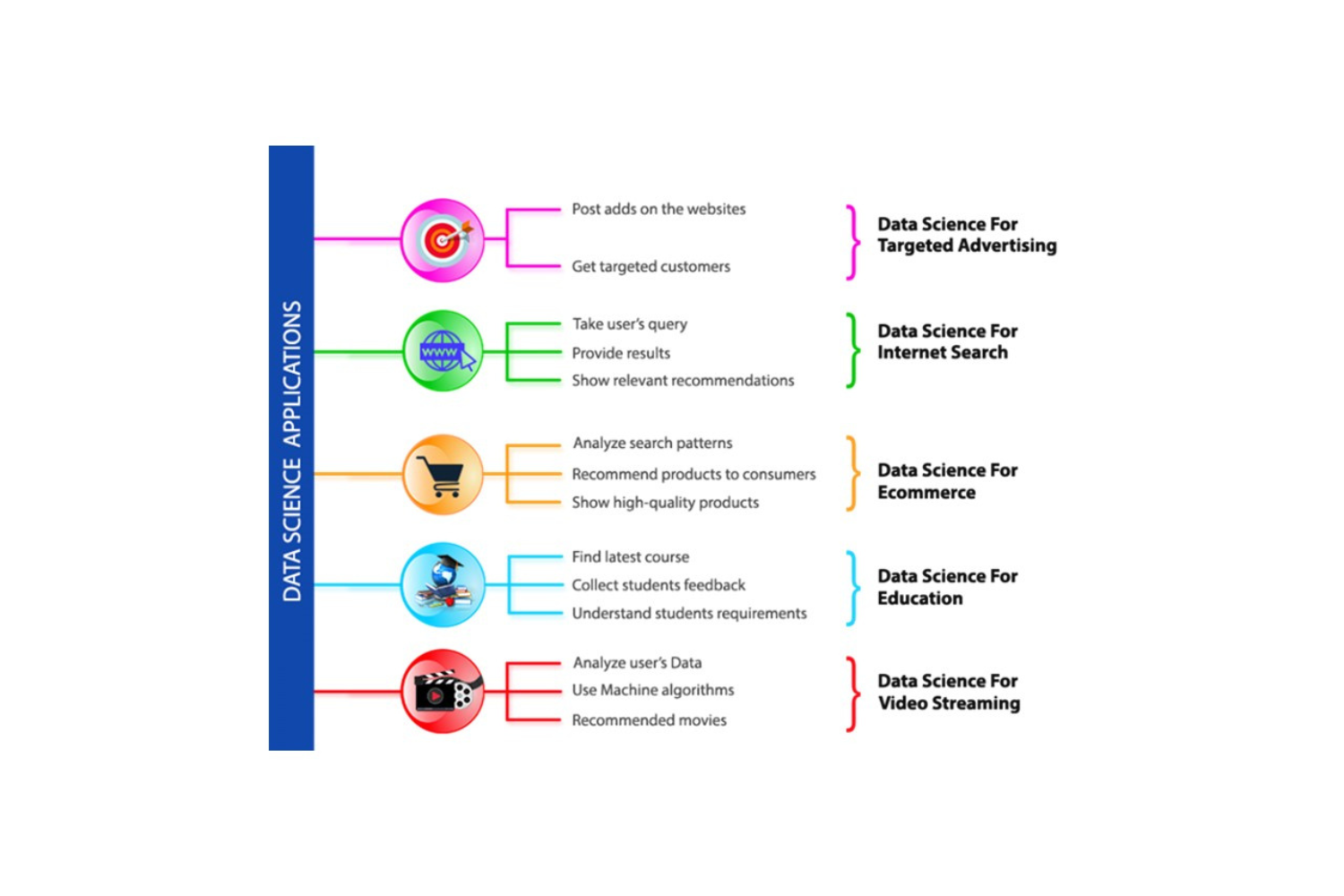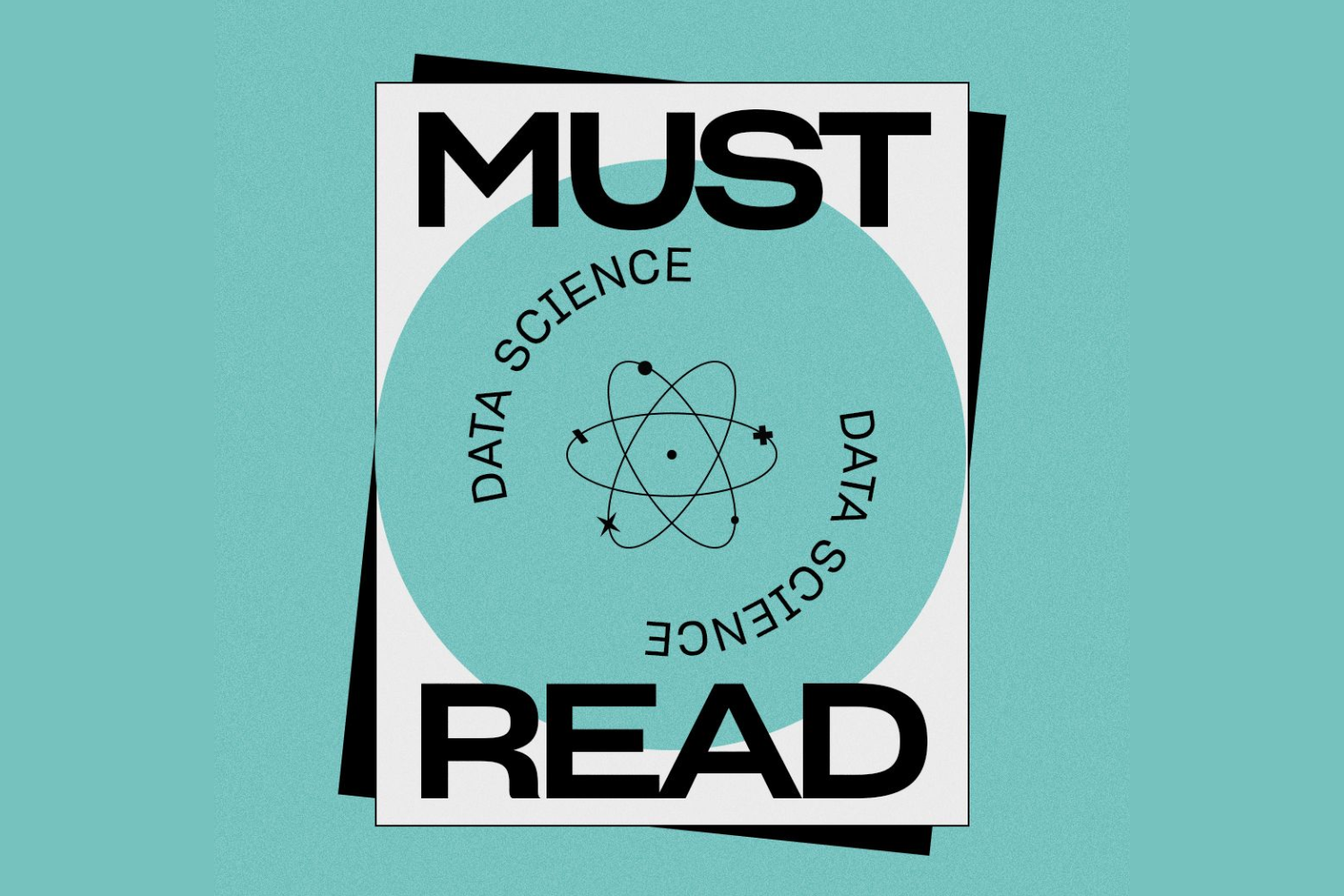
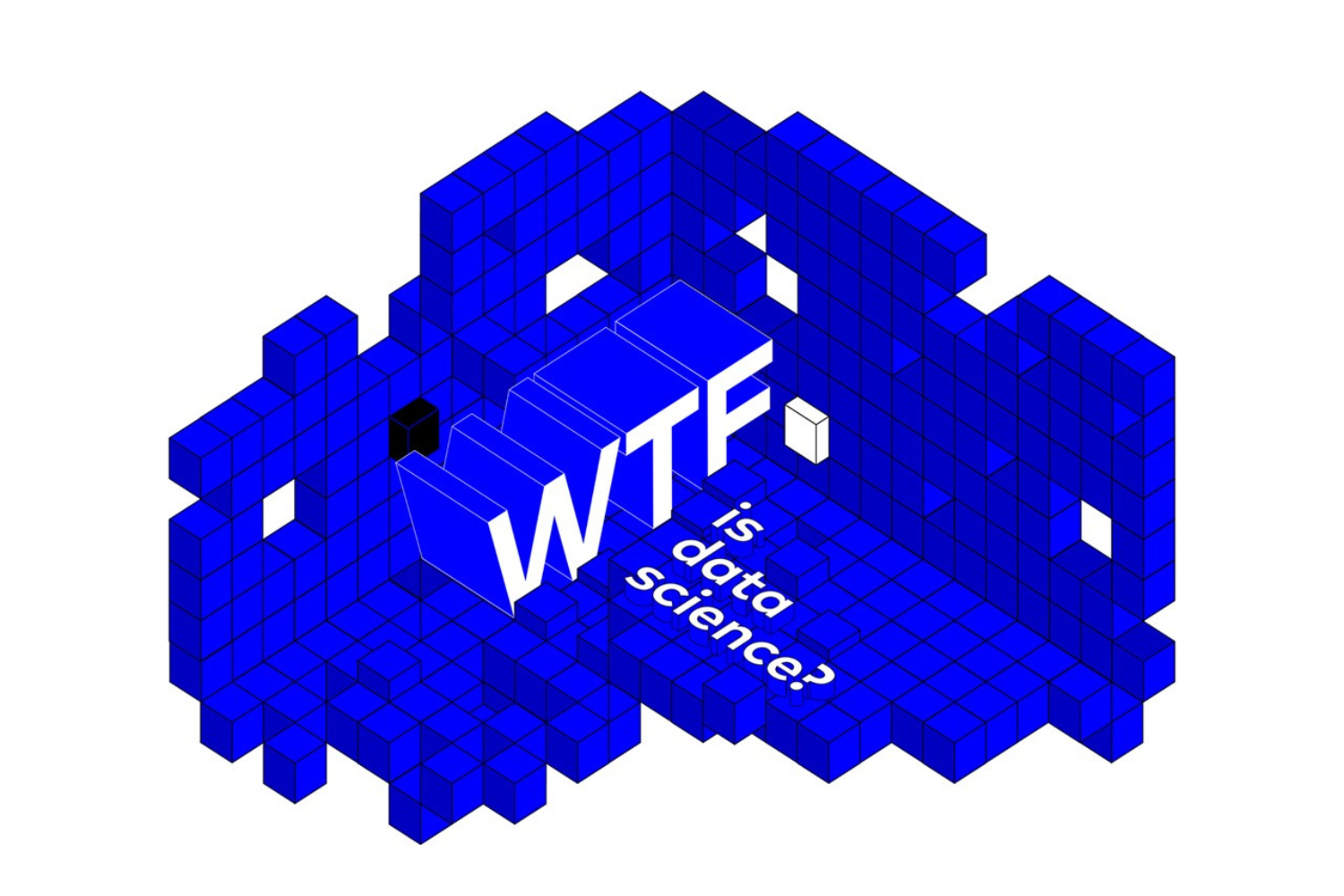
It’s undoubtedly something that people are thinking about right now. It’s becoming increasingly popular, a lot of people say they can do it, and more and more businesses are hiring for it.
But what is it?
More and more, data science is finding a way into our businesses, our communities, and in some cases, our lives.
But just what exactly is data science?
In its most basic form, data science is the study of extracting useful information and insights from data. Similar to any newly established field, it can be both inviting and detrimental to attempt to define it precisely. It’s data science here. It’s not this. In actuality, a broader definition is necessary to comprehend data science because it is developing so quickly and has already demonstrated such a vast array of possibilities.
And while it’s hard to pin down a specific definition, it’s quite easy to see and feel its impact. Data science, when applied to different fields can lead to incredible new insights. And the folks that are using it are already reaping the benefits…
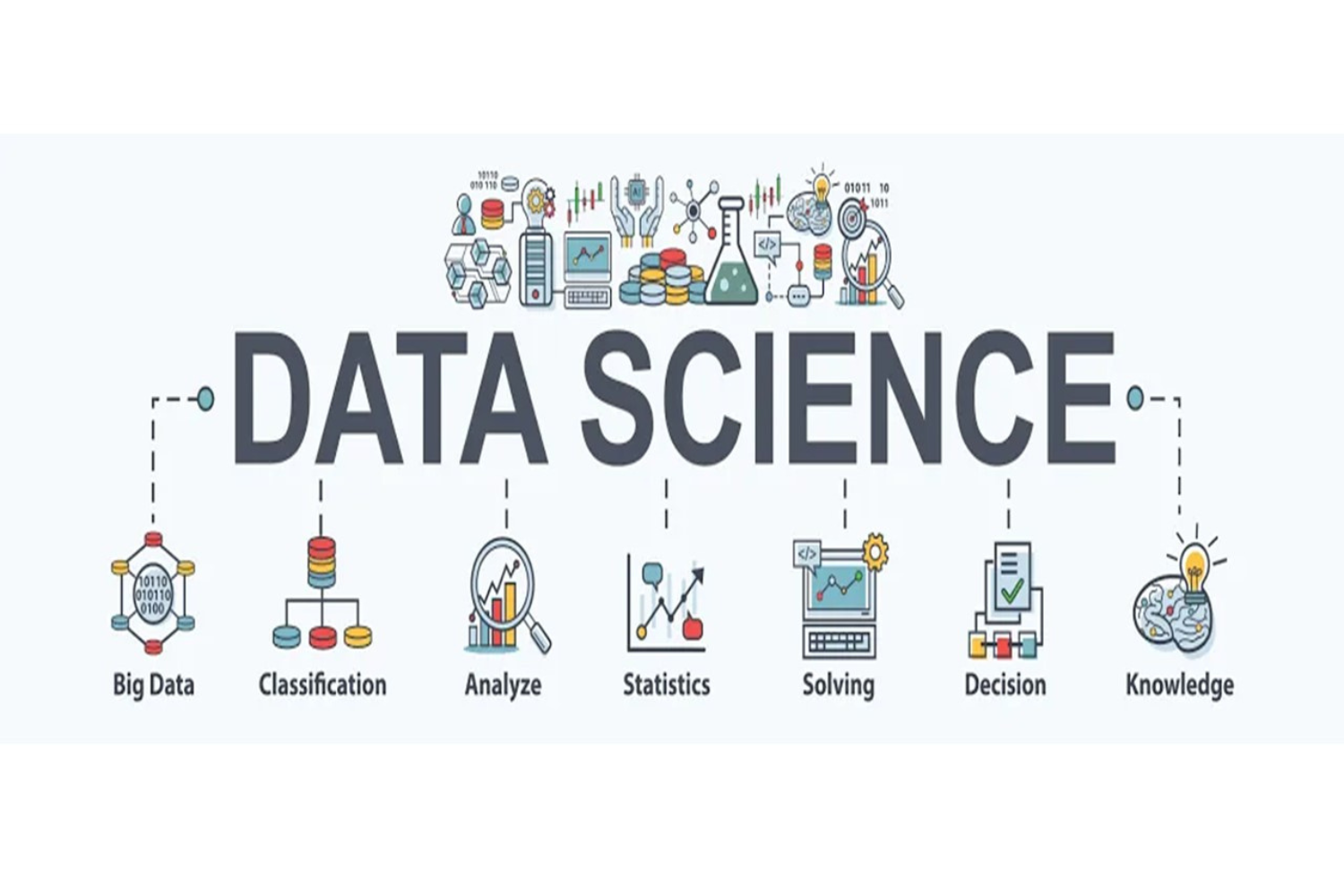
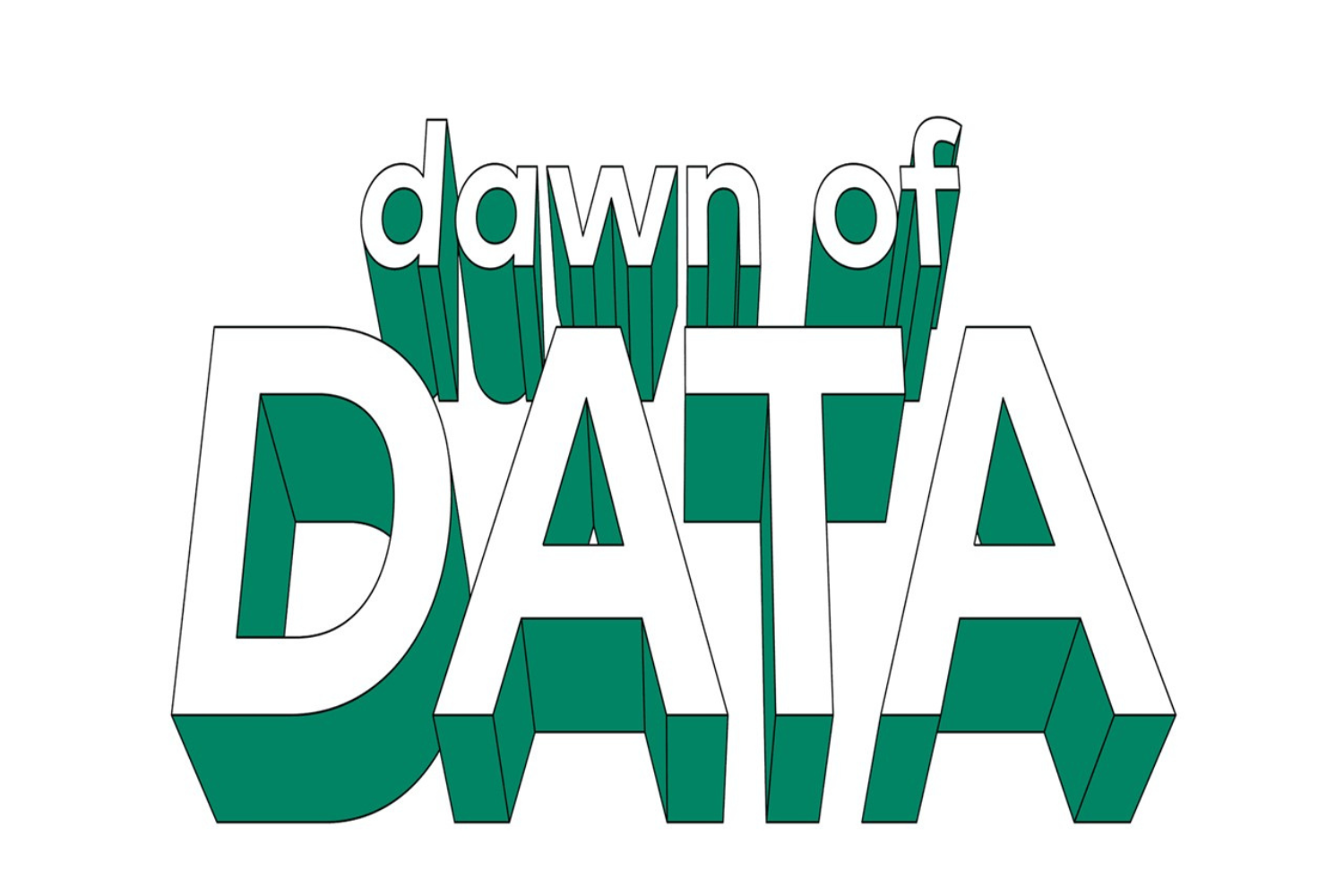
What makes something count as data? Is a handwritten ledger from the year 1500 considered data? Is a book sitting on a store shelf data? Are we all just data?
In the context of data science, the only form of data that matters is digital data.
Digital data is information that is difficult for a human to understand; instead, it must be processed, interpreted, and altered by machines. One example of this are the words you are currently reading on your computer screen. In reality, these digital letters are a methodical arrangement of ones and zeros that are encoded to pixels at different densities and colors.
Digital information has become so standard and necessary in recent years that we are almost unable to deal with anything that isn’t digital. Ask a data scientist to work on a non-digital project. Present them with a written table on a wrinkled piece of paper. Or, to more accurately represent the scope of what we’re going to discuss, whole libraries of thick books jam-packed with reference tables. If you were to stack them on their desk (if you could), they would most likely bolt and never return. This is due to the fact that digital components of information are now indispensable. Without them, modern work is impossible.
It’s hard to find another moment in human history where there was an innovation that made all previous stored information invalid.
Simply open any newspaper published in the last ten years to get a sense of just how significant this moment is in relation to the topic of data science that we are here to discuss. Numerous tales of people, businesses, and occasionally even entire nations trying to digitize all data can be found within. It’s getting harder and harder to find facets of society that have not been touched by the digital revolution, whether it be books, health records, or government services.
It’s incredible to think that while it may seem hyperbolic, it’s hard to find another moment in human history where there was an innovation that made all previous stored information invalid. Even after the introduction of the printing press, handwritten works were still just as valid as a resource. But now, literally every piece of information that we want to endure has to be translated into a new form.
Of course, there is more to this story than just data digitization. It was merely the first section of data science’s history. Data needed to expand in order for the digital world to eventually become entwined with the lives of nearly everyone. It needed to enlarge. Greetings from Big Data.
Big Data took time to develop, just like any significant turning point in this narrative. We’re probably still far from the end of the road that led us to this point, one that included a few significant stops along the way. Scale, velocity, and ubiquity were necessary to get to the data-driven world of today.
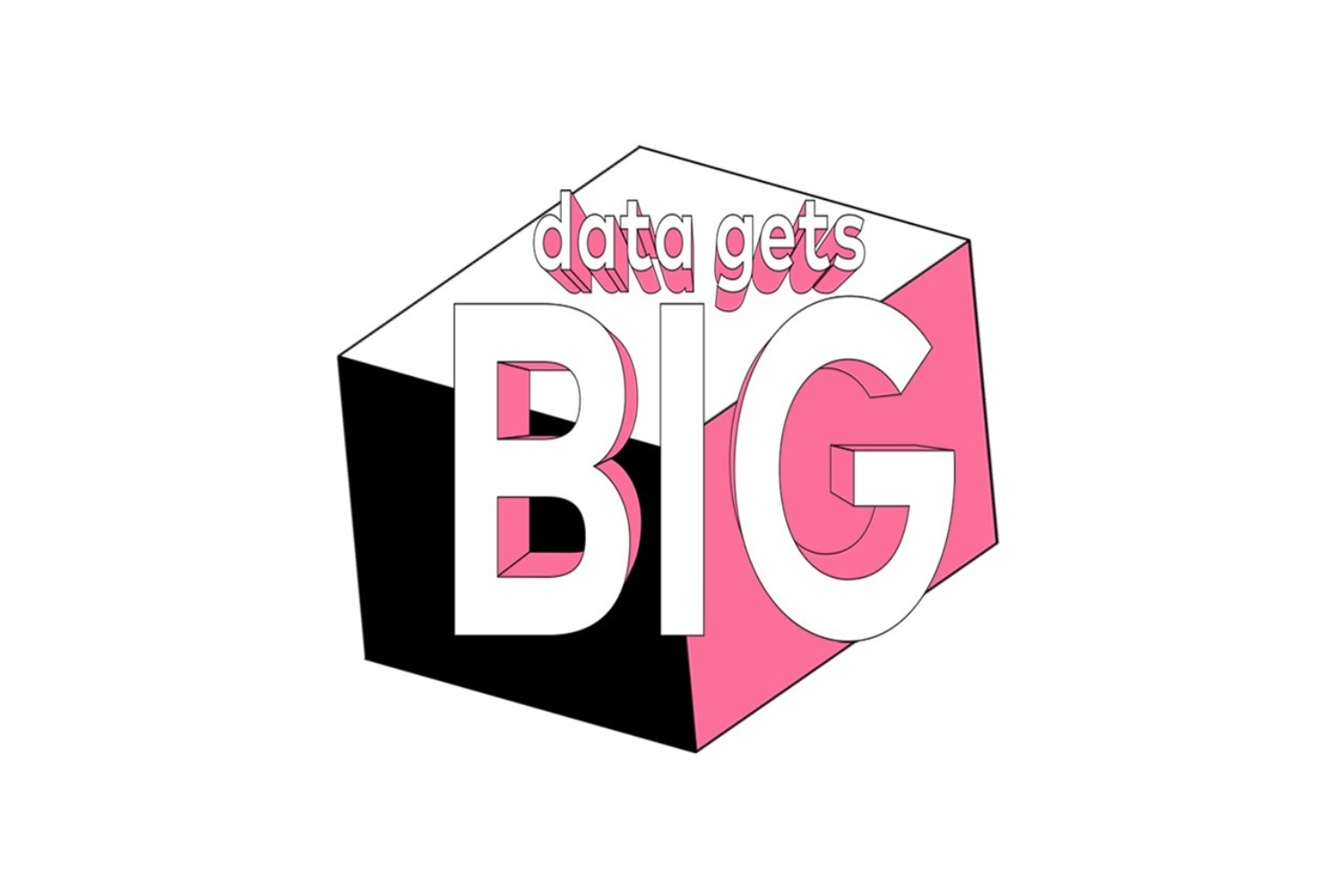
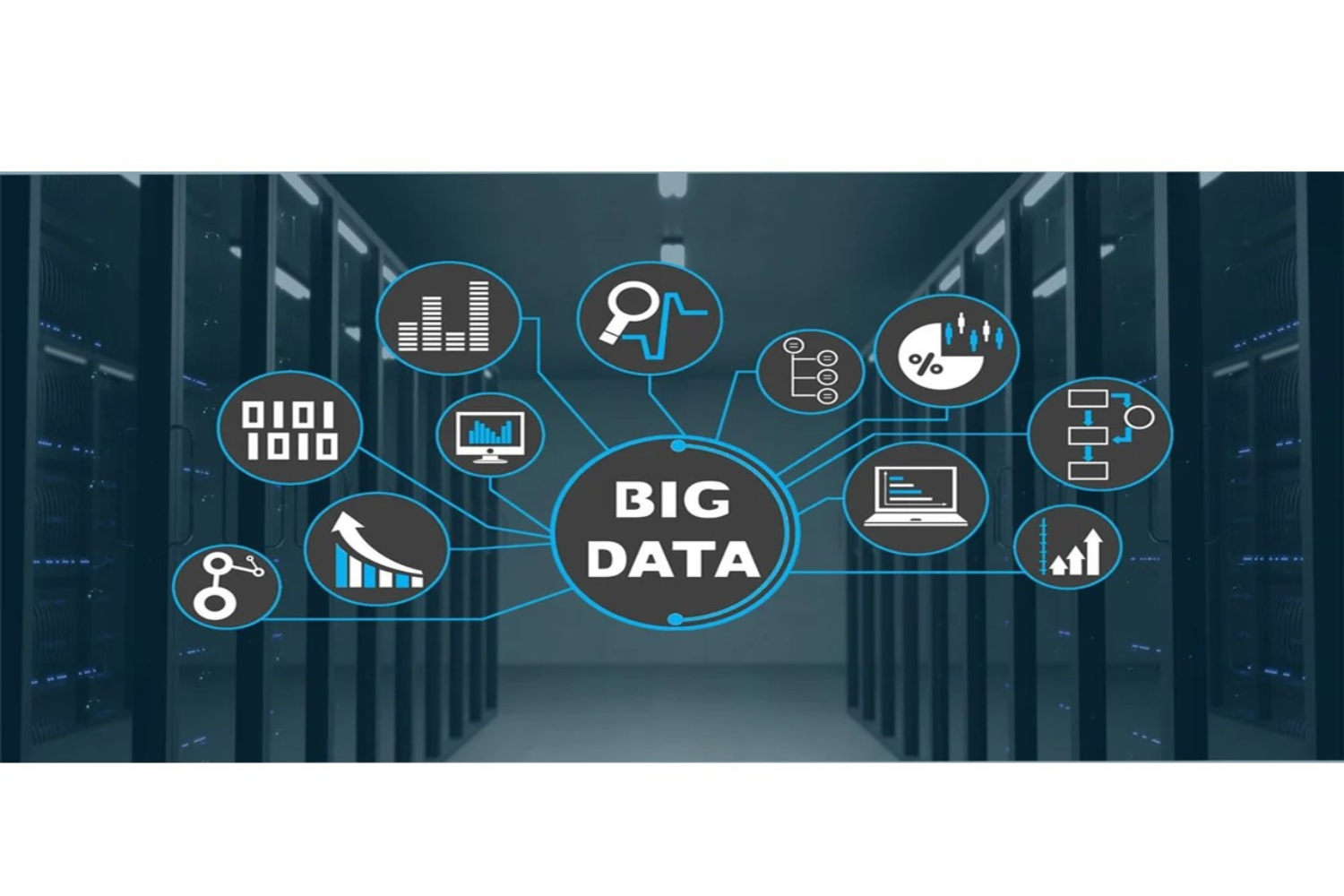
Putting the science in data science
The short answer to what you can do with the billions upon billions upon of data points being collected is the same as the answer to the first question we asked:
Data science.
With so many different ways to get value from data, categorization will help make the picture a little clearer.
This is the ideal time for you to begin your exploration if you are excited about data science. According to statistics, there is a high demand for data scientists’ skills, and changing careers can happen in as little as four months. Of course, those will be the hardest four months of your life, but trust us when we say that the end is worth it: data scientists are among the highest paid and happiest employees in America.
As a successful data scientist, your day can begin and end with you counting your blessings that you are living your dream by solving real-world problems with Data Science.
The global pandemic has shaped the way the data is perceived and used. With most of the businesses going online, the amount of data generated grew by leaps and bounds.
Industry experts believe that the market size of the data science platform is expected to grow up to $140.9 USD billion by 2024 from $37.9 USD billion in 2019.
But this is not all. Data science’s emergence as a field of practical application as well as study has led to some disrupting technologies like computer vision, deep learning, and natural language processing aka NLP. In wider terms, data science has facilitated machine learning — ML — emergence to work toward AI — a tech field nimble in transforming the way humans work as well as live.
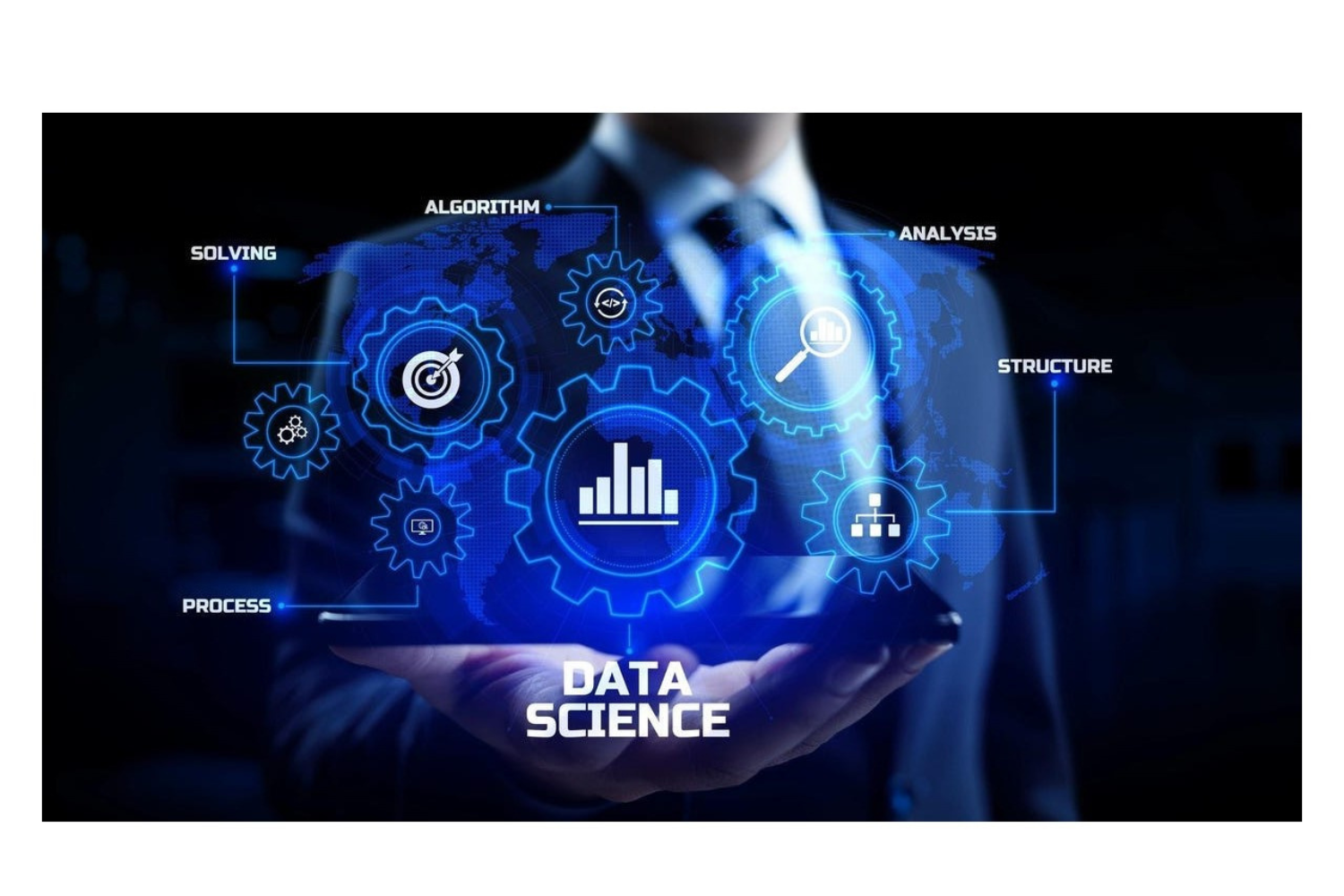
A data analyst and a data scientist are different; a data analyst works to process the data history and explain what is going on, whereas a data scientist needs various advanced algorithms of machine learning to identify the occurrence of a particular event by using the concept of analysis for discovery.
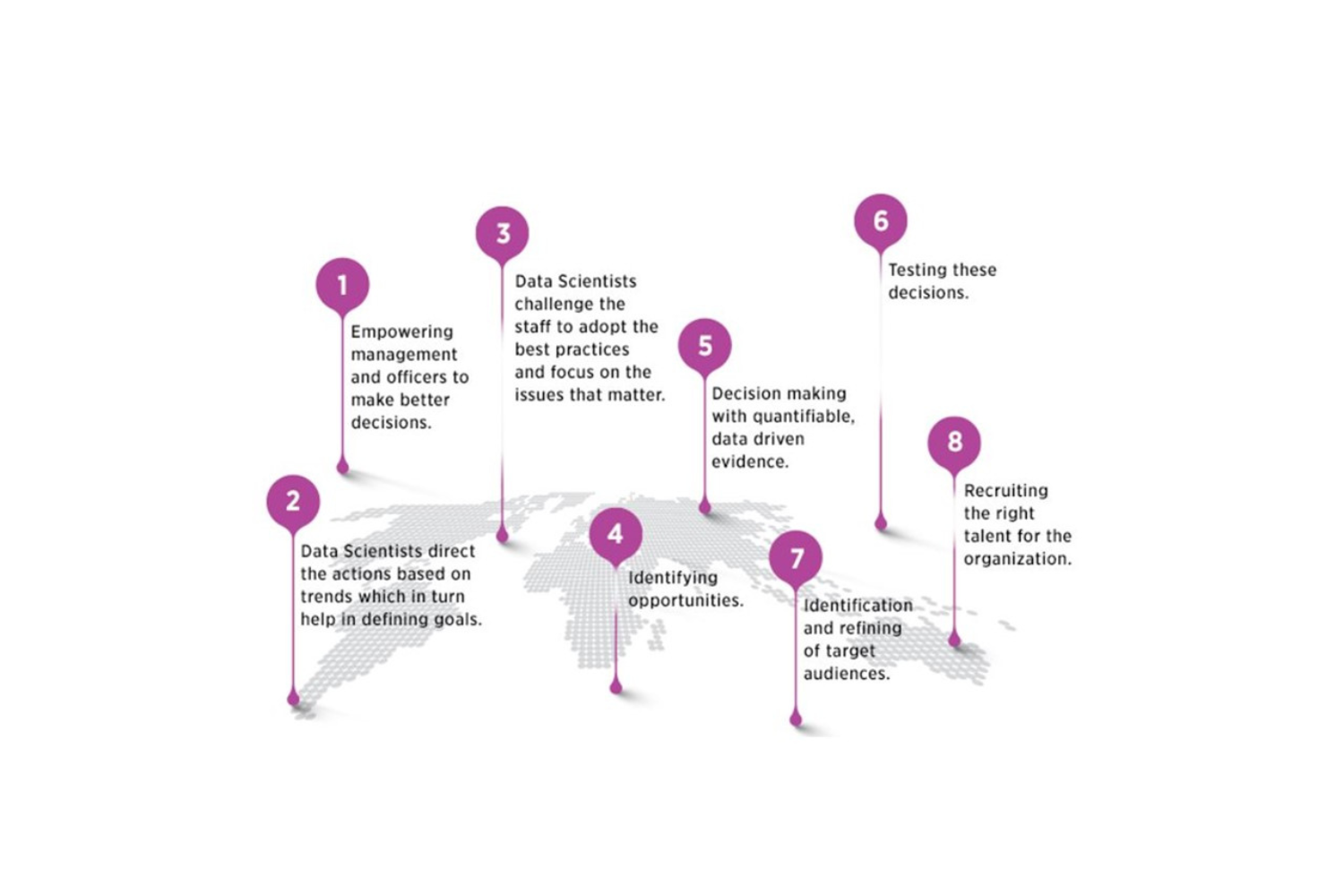
The use of data science can be understand by this infographic.
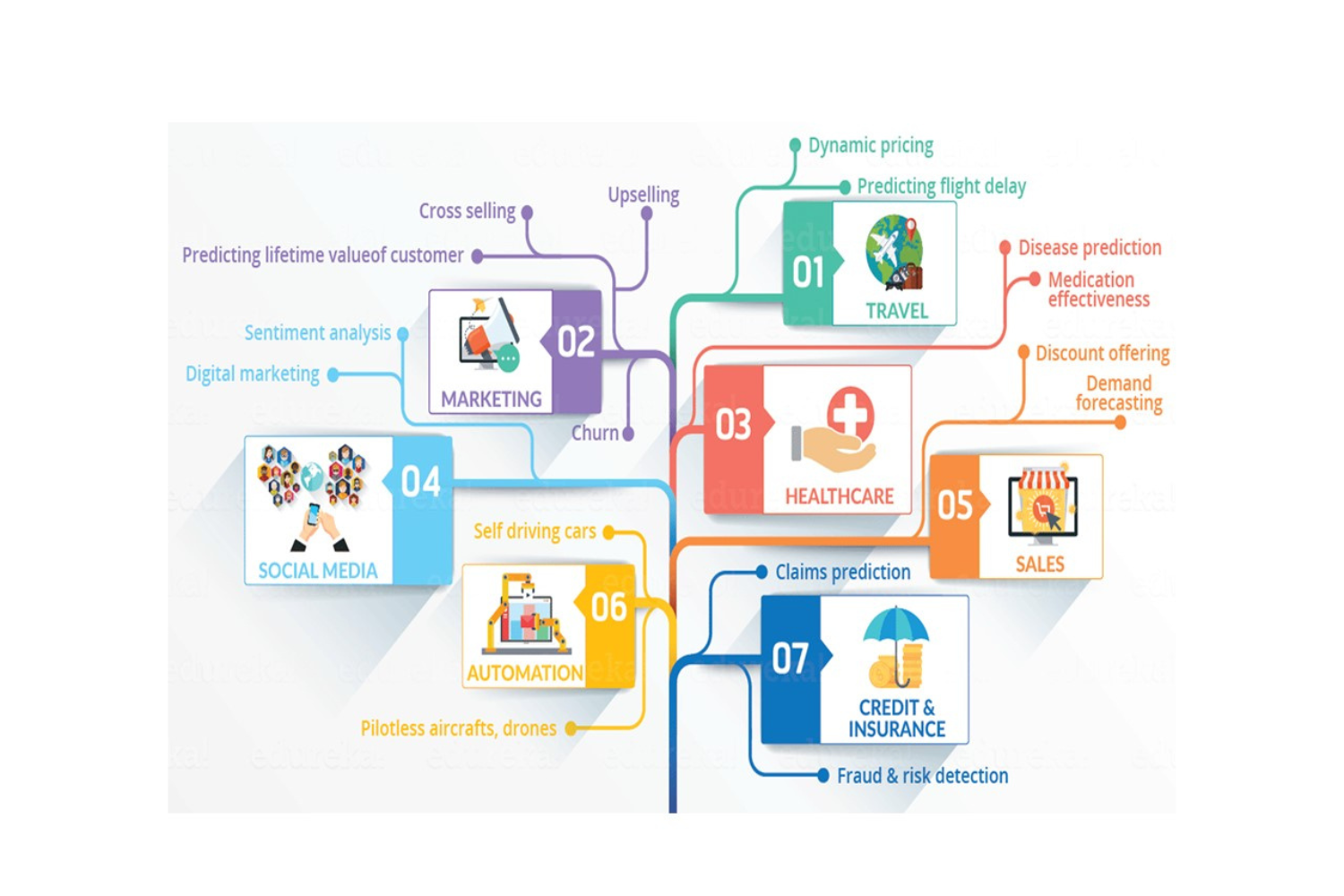
Concisely,
Data science has become an essential part of any industry today. Its a method for transforming business data into assets that help organizations improve revenue, reduce costs, seize business opportunities, improve customer experience, and more. Data science is one of the most debated topics in the industries these days. Its popularity has grown over the years, and companies have started implementing data science techniques to grow their business and increase customer satisfaction. Data science is the domain of study that deals with vast volumes of data using modern tools and techniques to find unseen patterns, derive meaningful information, and make business decisions.
